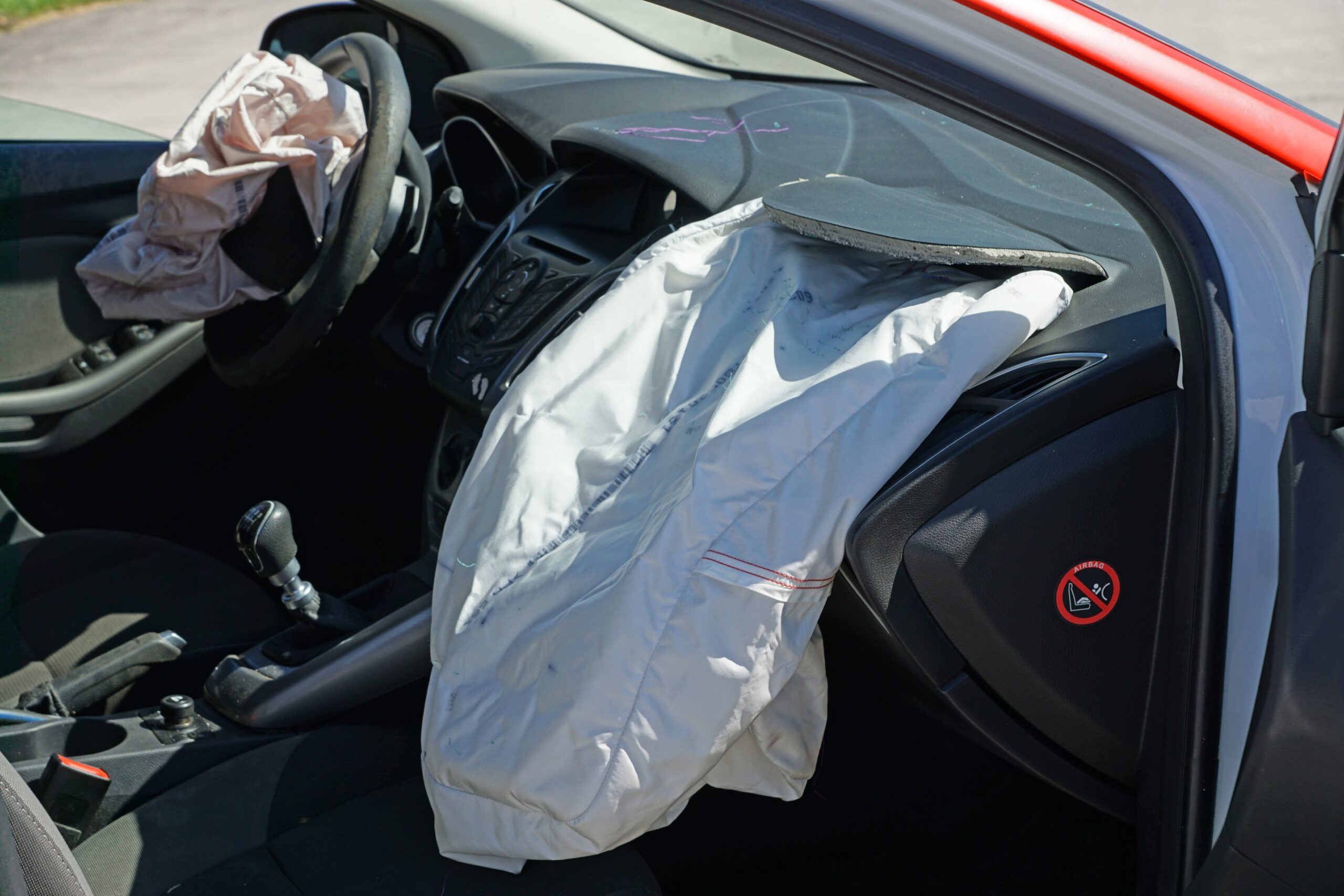
Manufacturing recalls affect every automaker across the world. Every year, the National Highway Traffic Safety Administration (NHTSA) estimates American car consumers buy roughly 150,000 defective vehicles not realizing the problems lying in wait. These “lemon” vehicles contain repeating, unrepairable problems that arose before the vehicle got to the dealership. Regardless of what part of the manufacturing process during which the problem arose, these issues can cost consumers thousands in unforeseen expenses, including loss of work, alternate transportation fees, repair costs, towing fees and more. These defects can range in severity from minor cosmetic annoyances to serious safety hazards, ranging from faulty safety systems to potentially catastrophic engine or transmission issues.
These defects can arise from any number of potential origins, including faulty components, substandard materials and even simple human error during the manufacturing process. No matter how they happened, they aren’t the fault of the consumer – they’re the fault of the manufacturer. Therefore, it’s up to the manufacturer to make things right. When they don’t, lemon laws and experienced lemon law attorneys stand by to help consumers get the compensation they deserve.
Consumers can feel they have no options when their brand-new car ends up a lemon. The attorneys of Allen Stewart P.C. can help you get the justice to which the law entitles you. Allen Stewart P.C. has a storied history of standing up for the American consumer against automotive companies when they fail to do right by their customer. They have combined decades of experience fighting and winning on behalf of their clients and will get you the compensation you deserve and get you back on the road.
For more information on arbitration and other frequently asked lemon law case process questions, click here.
To put it simply: if your car is recalled and the manufacturer can’t fix it within a given time or number of attempts, that car is a lemon. That number of attempts or span of time is dictated by your state’s lemon law. Each U.S. state has its own lemon law, offering slightly different standards of protection. All state lemon laws, however, cover what they refer to as “nonconformities.” A nonconformity” is any defect or problem caused before the vehicle’s arrival to the consumer. Many things can cause defects, including substandard materials, human error during the manufacturing process, faulty components or any other reason. The cause is less important than the result: the problem throws the vehicle out of conformity with its written warranty, hence the term.
Texas, for example, has three “tests” a vehicle must pass before it is declared a lemon and lemon law remedies can be applied. Those tests are the serious safety hazard test, the four times test, or the 30-day test.
A vehicle passes the serious safety hazard test if the vehicle owner submits the vehicle for repair of a serious safety hazard once during the first 12 months of ownership or 12,000 miles, whichever comes first, and then once more during the 12 months or 12,000 miles following the first repair attempts without the problem being fixed.
Think you have a lemon, click here to fill out a 30 second form.
A vehicle passes the four times test if it’s been taken to a dealership for repairs two times for the same problem or defect within the first year or 12,000 miles, whichever comes first, and twice more during the first 12 months or 12,000 miles following the first repair attempt without the problem being fixed.
A vehicle passes the 30-day test if it has been out of service for repair because of problems covered by the original factory warranty for a total of 30 days or more during the first two years or 24,000 miles of ownership without a comparable loaner vehicle offered, and there were two repair attempts during the first year or 12,000 without any success.
 Image Source : https://commons.wikimedia.org/wiki/File:Auto_fire_Vallejo_1.jpg
Image Source : https://commons.wikimedia.org/wiki/File:Auto_fire_Vallejo_1.jpg
States also vary in when consumers must report potential defects. Texas consumers must file their lemon law complaint within 42 months of receiving the vehicle or within the first 24,000 miles driven, whichever comes first.
It’s important to act quickly whether you notice a defect yourself or you are notified of one via recall notice. Each state lemon law has its own statute of limitations determining how long a consumer can pursue a lemon law claim. The statute’s length can vary from state to state. For example, the Texas lemon law states the consumer must file a state lemon law complaint no later than 42 months from the date the warranty became active. However, if the consumer drives the vehicle 20,000 in the first year after the vehicle’s delivery, the consumer will need to file the Texas state lemon law complaint before the car traveled another 4,000 miles, even if that occurs before the expiration of the 42 months mentioned above.
Lemon laws are confusing. Read our guide to the lemon law complaint process.
If a defect leading to a recall is widespread or severe enough, it can sometimes lead to a class action lawsuit. While participating in a class action lawsuit can take less effort than pursuing an individual claim, Allen Stewart P.C. attorney Andrew Ross said class action clients get very little in return.
“These class-actions are designed to pay out as little as possible,” Ross said. “They’re having to cover thousands of vehicles across the country, and while they are paying out a lot of money each person gets a relatively small cash amount. If you don’t opt out of a class action settlement, you’re probably going to get less cash compared to if you opted out and pursued a case individually.
“People normally recover, if they’re seeking cash, 10 to 20% of the cash value of their car, plus having their attorney’s fees paid for by the manufacturer,” he said.
The single most important step when pursuing a lemon law claim is finding a qualified, experienced lemon law lawyer. Lemon law attorneys know the ins and outs of state and federal lemon law and have experience dealing with your vehicle’s specific manufacturer. They know how to navigate the often inscrutable legal system and know the proper procedures to follow and deadlines to meet.
The attorneys of Allen Stewart P.C. have a proven track record of getting the best possible outcomes for their clients. If you’re having trouble getting your vehicle’s manufacturer to uphold their end of the warranty, reach out to Allen Stewart P.C. today.
